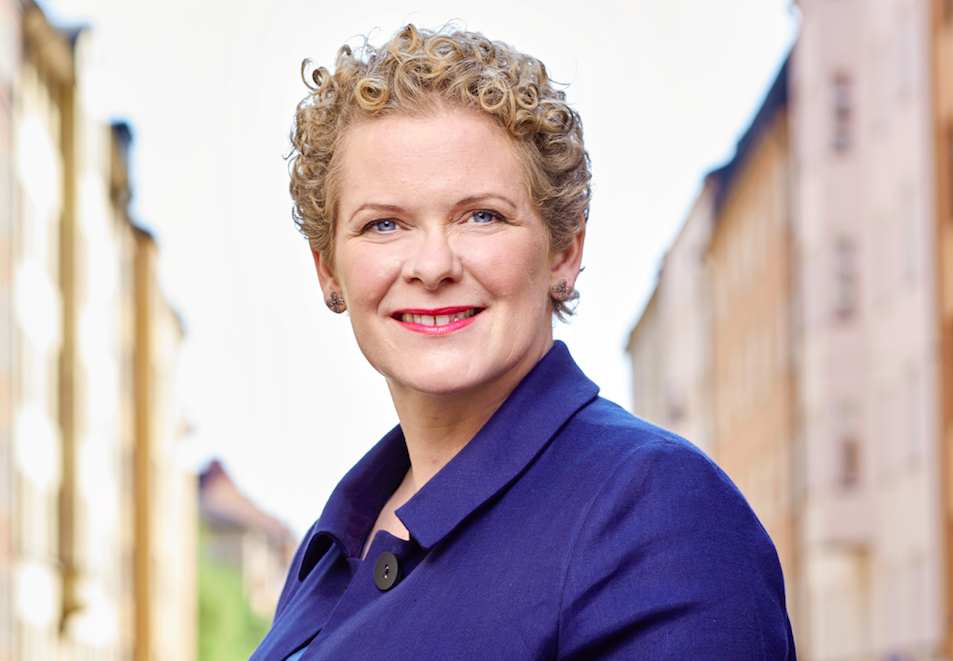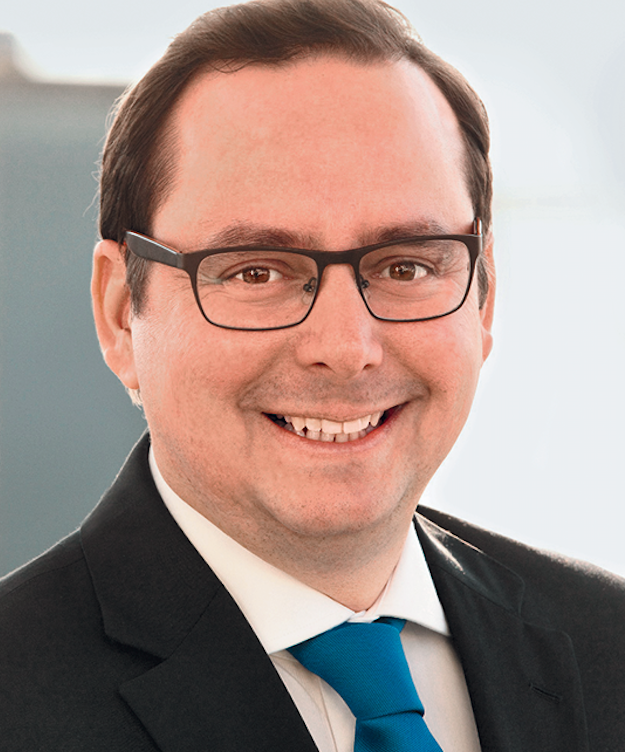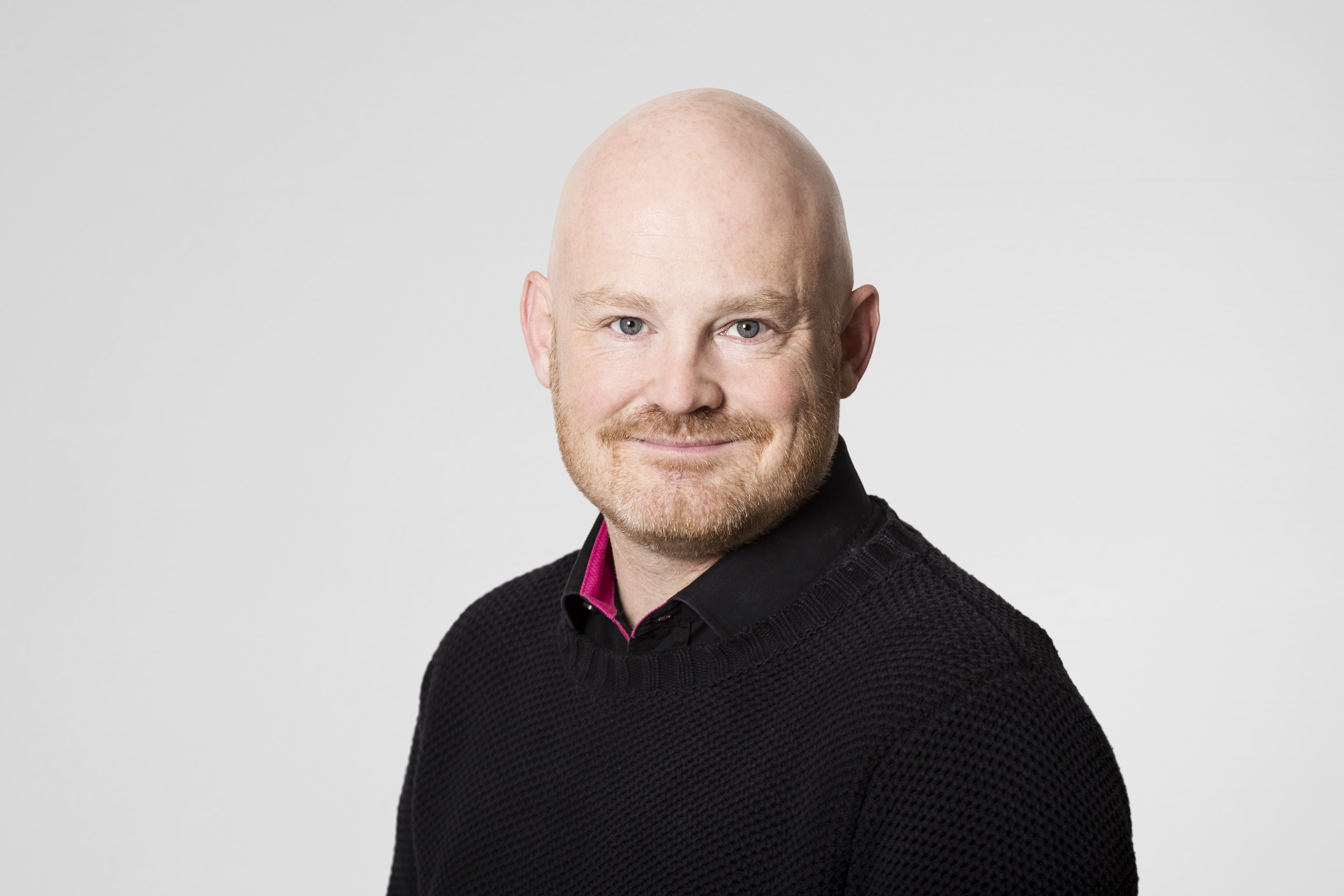
Photo: Fernando-García
Can European Green Capitals drive environmental action?
16 May 2018
by Jonathan Andrews
Ghent, Lahti, and Lisbon have been shortlisted to become the 2020 European Green Capital, a European Commission initiative. 2020 marks the 10th anniversary of the award. Andrea Wesolowski, from the European Green Capital Secretariat, examines how previous winners have been able to stimulate their growth, liveability and sustainability for citizens.
The search for the 2020 European Green Capital (EGCA) is currently underway, with the winner to be revealed in June. Stockholm was the first winner in 2010 and since then nine other European cities have won the title. The award is a policy tool to address urban and environmental challenges by rewarding cities that improve the quality of life of their citizens.
Ever since the US pulled out of the Paris climate accord, there has been a renewed sense of responsibility from mayors around the world to demonstrate their commitment to tackling climate change and to ensure a better and more sustainable quality of life for citizens. In this context it is important now, more than ever, to celebrate European cities that have been raising the bar in urban environmental practices for over a decade.
Reflecting on being a European Green Capital
In 2010, Stockholm became the first city to successfully emerge from the competition as the winner. A lot of time, energy and resources go into the application process as well as rolling out the European Green Capital programme.

“Being the very first European Green Capital was naturally a great honour filled with opportunities, but it was also a challenge since the award was brand new,” says Karin Wanngård, Mayor of Stockholm. “Stockholm gained an outstanding assessment of its sustainability efforts and an opportunity to compare itself with other cities in a range of areas. When all different aspects were brought together in the application, it also became clear how much Stockholm had actually done for the environment.”
Raymond Johansen, Mayor of Oslo—the latest winner and the European Green Capital for 2019—says that despite the application process taking time, in the end it provided an overview of their environmental efforts.
“The process has also forced our different city experts to work more cohesively across departments,” he explains. “We have just started planning our programme and we realise that coordination will be the key to success.”
Winning the European Green Capital Award title brings many benefits, including recognition of a city’s environmental practices, a raised international profile, greater citizen engagement and increased best-practice sharing among European cities.
Continuing the green work
A key component of the European Green Capital Award application process is demonstrating not only what a city has done in the last five to 10 years, but what it intends on doing in the future. Stockholm has continued its commitment since 2010.
“The award was given to Stockholm based on our successful track record but also for our ambitious plans for the future,” notes Wanngård. “Environmental policies have become even more prioritised and are now fully integrated into all city development activities and are no longer dealt with separately. An eco-smart city is one of the four main goals of Stockholm’s ‘City Vision 2040’, and this is reflected both in the annual city budget and in the new city plan. Our long-term goal is to make Stockholm fossil-fuel-free by 2040.”
Newcomers Essen and Nijmegen have also demonstrated their commitment to continuing environmentally-focused work even after their year as green capital came to an end. 2017 winner, Essen, garnered immense media attention because of its transformation from a city with strong industrial roots to a European Green Capital, serving as a blueprint for many other cities.

“We want to keep our ‘green’ thinking far beyond our Green Capital year of 2017,” explains Thomas Kufen, Mayor of Essen. “Thus, we initiated many long-term projects last year, which show the transformation from green to grey to green of the city during the past decades. For instance, we have set ourselves various climate and resource projection goals, like reducing carbon emissions by 40% by 2020. By 2020, we also plan on increasing the recycling quota to 65% and we want all residents to be able to reach green spaces within a 500-metre distance.”
The Dutch city of Nijmegen began its reign as European Green Capital earlier this year. Its mayor, Hubert Bruls, shares Kufen’s views. “We will not end our efforts after this festive year. After all, making our cities future-proof is a challenge without a finish line, as the future continues to move forward. This means we will go on investing in sustainable and smart mobility, like our bicycle highways network, where we have already built 50 kilometres out of the 80 kilometres planned.”
Citizen engagement
Cities that have held the title have also expressed their views that success is only achieved when citizens are engaged and contributing.
Copenhagen’s Morten Kabell, former Technical and Environmental Mayor, says that one of the lessons learned from Sharing Copenhagen was that it is vital for cities to engage with their citizens.
“We will only succeed in creating a sustainable city if everybody plays a role. If the Copenhageners don’t get on their bikes, don’t sort their waste or don’t care about scarce resources then we will never achieve our goals,” he says. “When making decisions for the future of a city, all citizens must be on board.”
Key learning points and advice for cities
When asked what they learned from their time as a European Green Capital, the cities’ responses were unanimous: sharing best practices and cooperation is vital to achieving sustainability goals.

Copenhagen saw huge value in partnerships, so much so that they founded the concept of a European Green Capital Network. “I keep coming back to partnerships,” says Kabell. “At the beginning, we started working with partners because we needed them for financial reasons, but this turned out to be one of the most tangible results from our year as European Green Capital, counting more than 90 partners from small NGOs to large knowledge institutions. This is why we continued to work with partnerships in the years since holding the title. It is important to enable the most progressive green cities in Europe to share knowledge and shoulder the environmental agenda together.”
As positive as these experiences have been, these cities recognise that there are many challenges still ahead. Climate change ranks as the top issue, and each of them sees it as a future challenge which they have a role to play in combatting.
“Cities across the globe are in a period of rapid change,” comments Johansen. “Urbanisation, digitalisation and climate change are dramatically changing our societies. Cities have the strength and possibility to be in the driver’s seat and take the lead in implementing the global climate agenda so that we can reach the goals of the Paris Agreement.”
These challenges will be the primary focus of the 2018 edition of the annual event in the EU environmental policy calendar, EU Green Week, which will take place on 21-25 May. The call for applications for the 2021 European Green Capital Award will be officially launched on 22 May. The event will showcase policy developments on air quality, noise, nature and biodiversity, waste and water management, and promote participatory approaches to urban development, networking schemes and tools for sharing best practices.
As the European Commission searches for the 2020 European Green Capital on the initiative’s ten year anniversary, it is clear that this group of sustainable cities has learned a lot from each other and is committed to being at the forefront of tackling environmental challenges in the next ten years and beyond.
For more information see: http://ec.europa.eu/environment/europeangreencapital/applying-for-the-award/







